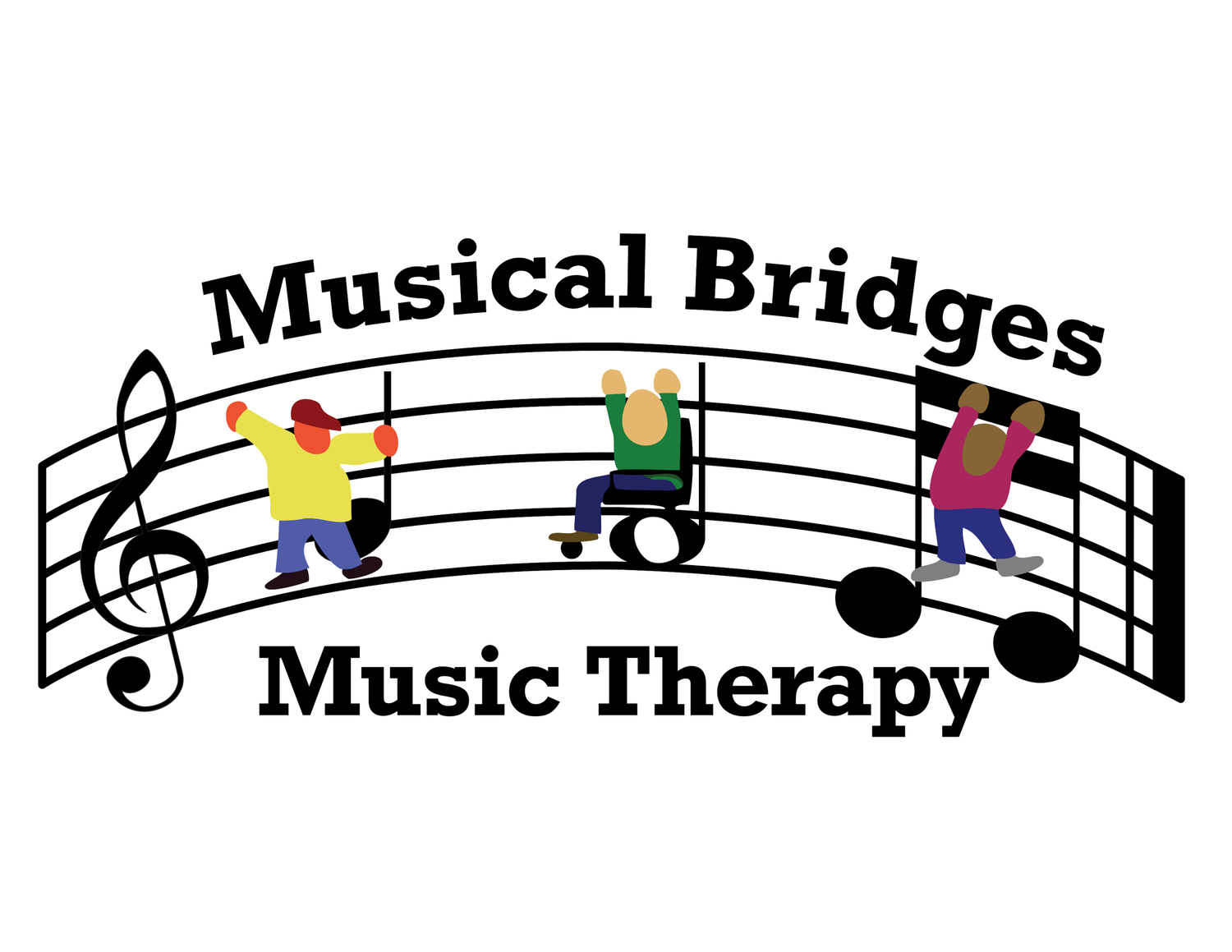Neurologic Music Therapy Breakdown: MMT
Welcome back to our NMT breakdown! Last time we highlighted Musical Executive Function Training (MEFT) which fell under the cognitive category of NMT. We will be continuing our focus on the cognitive category of NMT. The technique we will be discussing is Musical Mnemonics Training or MMT.
What is MMT?
Musical Mnemonics Training (MMT) is the use of musical exercises to address various memory encoding and decoding/recall functions. Immediate recall of sounds or sung words using musical stimuli may be used to address echoic functions. Musical stimuli may be used as a mnemonic device or memory template in a song, rhyme, chant, or to facilitate learning of nonmusical information by sequencing and organizing the information in temporally structured patterns or chunks (Deutsch 1982; Gfeller 1983; Wallace et al. 1994; Claussen 1997; Maeller 1996).
Why use MMT?
Musical Mnemonics Training is a wonderful way to help individuals learn information. Musical Mnemonics are very prevalent in day-to-day life. Have you ever sung your ABC’s? Or created a little jingle to help you remember a set of numbers, no one can forget 8675309. We use music to remember information unintentionally on some parts and intentionally as well. We can utilize the connection between music and memory to retain important information. Mnemonics refer to anything that can increase memory recall; thus, they can take form in many different ways. A mnemonic could be a series of movements, actions, words, letters, song, etc. Using music as the mnemonic form can provide a positive, emotional, and motivationally driven mnemonic which helps to increase the chance of information retention.
What does MMT target?
Procedural memory - what could be referred to as muscle memory, this type of memory enables one to complete tasks that are familiar without conscious effort.
Episodic memory - personal information this type of memory recalls past or present event, these memories include personal information an example being the ability to remember where you last placed your phone at. Another example being the ability to recall what you did for your 8th birthday.
Semantic memory - this memory encompasses basic knowledge, this could include knowing numbers, letters, or colors. This memory also includes knowledge of objects, for example know what a fork is used for.
Prospective memory - this type of memory can be categorized as intentions, being able to recall plans and what you are supposed to do at a specific date or time.
What does this look like in Music Therapy?
In Music Therapy we might approach this through songwriting, sequencing, movement, chants, rhythms, and more. Using this technique could assist in the learning of academic skills for an individual. Simply using the alphabet would be one example, however, the possibilities are endless in what can be addressed. A mnemonic could be created to reaffirm assigned rules utilized during a therapy session. Another example would be teaching an individual a mnemonic they could use to remember the steps of their morning routine, this could be done using a chant, songwriting, or sequencing movements.
Working with a group would utilize the same techniques and steps. You could utilize a mnemonic to teach the names of each group member through a chant and movement. Group mnemonics could also be applied to rules for the group, skills the group is working on developing, academic skills the group is working on and more. Depending on what the goal of the group is you could utilize a mnemonic in a multitude of ways.
How does music make this work?
Music has been proven to assist in memory recall through a wide array of studies. Music follows a structured framework that coincides and benefits memory skills. Once you have learned a musical mnemonic, they are hard to get rid of. The ABC’s as one example, and personally a silly little jingle created for remembering a lunch number for school. Music offers a myriad of benefits and assistance in learning, information is just one of them.
Musical Mnemonics Training is just one of the NMT techniques our Musical Bridges Music Therapists are trained in. Join us as we continue on our journey through the different NMT techniques.


